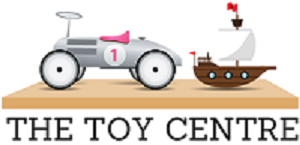Shopping role play benefits children in so many ways. Indeed, playing shop is an early memory for most of us. Especially fun play as we weighed goods on a set of kitchen scales. Then rang up the price on the till – kerching! And sold all sorts of goods to family, friends – and yes, probably to our toys as well. Like play food and possibly the odd toy cake.
Role play games are an integral part of growing up as they allow little ones to safely explore new events and experiences. And it is here, that children acquire remarkable new knowledge and the vital skills necessary to prepare them for life’s challenges. With so many different roles available as part of their magnificent role play games, children aspire to all sorts of new learning.
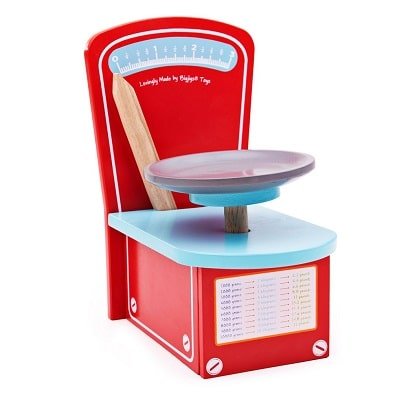
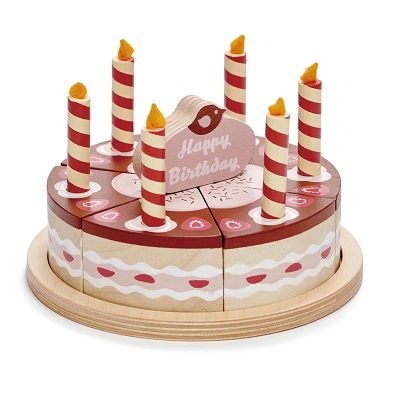
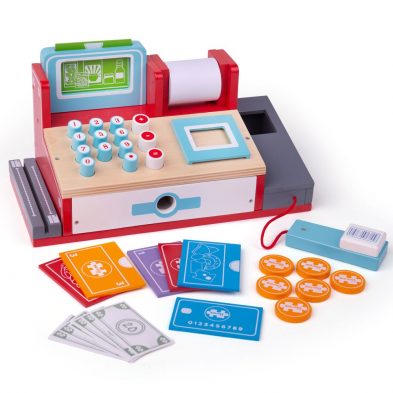
Certainly, 5 main shopping role play benefits include:
- Developing Language and Communication
- Social and Emotional Development
- Bring in the Concept of Money
- Physical Development
- Cognitive Development
Simple to begin to do, shop role play is a fantastic start to the imaginary play universe. Additionally, as shops are often well known to many youngsters already, they generally cannot wait to get stuck in. Thus, a toy market stall is a great place to begin. With shelves to stack and prices to write on a chalk board. Not forgetting counting that money!
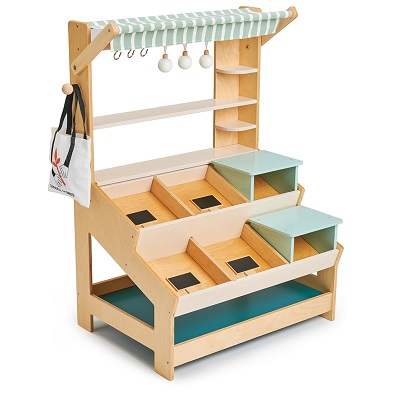
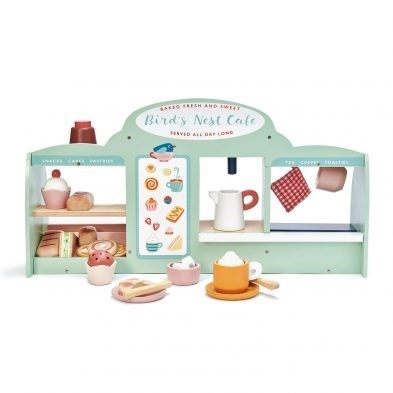
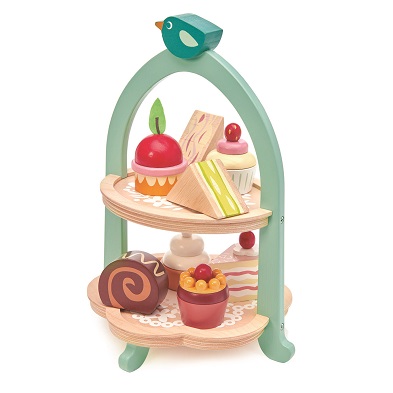
Developing Language and Communication
Wonderful for developing language and communication skills, play shop easily inspires social play. For example, maybe your little one loves to visit the local café or tea shop. As a result, their pretend play café is a great way for kids to practice their new conversation skills. Especially as they address their customers and learn different uses of language.
Furthermore, as children get older, you can encourage reading and writing. Like a menu with dish of the day for their restaurant or café.
Social and Emotional Development
When children play, whether solo or as part of a group, they develop their social and emotional skills. In particular, kids get an immense confidence boost as they grasp the fact that they can be anyone. Or anything! Which greatly swells self- esteem.
With shop play, frequently, when children are playing alone, they often take on a variety of roles. Perhaps a shopkeeper or a busy customer. By placing themselves in different positions, they explore empathy. With consideration of how other people might feel in any given position.
In the same fashion, when children play with others, they learn to share and take turns. As well as build relationships. Such a crucial part of a child’s emotional and social evolution.
Bring in the concept of money
Play shop games present a great excuse to bring the idea of money and maths to the attention of little ones.
From an early age, little shoppers notice you handing over your card or presenting cash to the shop cashier and realise that some type of exchange is going on. Thereby, shop play is a fantastic method to explain the process in a fun way. Even better, to teach basic maths as little ones work out how much change to give a customer, for instance.
Physical Development
Kids essential fine and gross motor skills easily enhance with shop play!
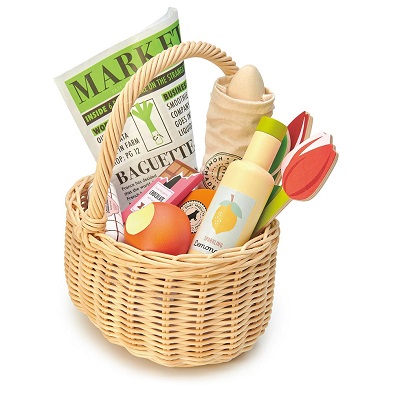
Notably, pushing a shopping trolley or carrying a wicker shopping basket usefully aids gross motor skills. As does important shelf stacking. Which really needs great balance and gross motor skills. Meanwhile, fine motor skills improve as children take customer money and pop it into a toy cash register. Which is a fabulous building block for later when they need to learn how to hold a pen or pencil and learn to write the alphabet.
Shopping Role Play Benefits Cognitive Development
Cognitive development is tremendously boosted by play. Without little ones realising it! In fact, building connections and pathways in the brain is what it’s all about. To put it differently, developing visual and spatial awareness. Or realising that the use of symbols is really helpful as little ones begin to read and write.
In other words, to think outside the box and come up with innovative solutions.
You regularly see children play make believe and use one object as another. For instance, a cardboard box might become a toy garage. Now this might seem a fairly basic thing to do, but in reality, this is a huge step for a child’s development. As they come up with a play plan, then realise it might be a bit tricky. So, by use of their newly acquired analytical and logic skills a creative solution is required! Thereby, such essential lifelong skills are learnt.
